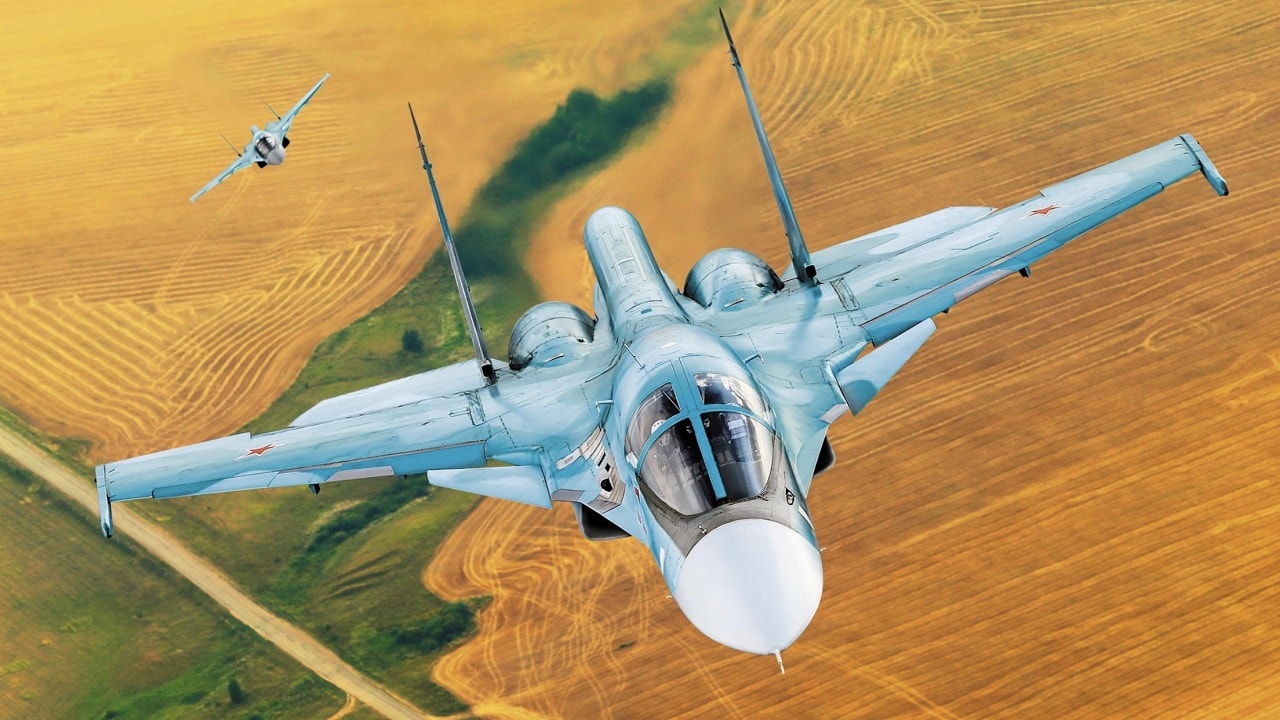Russia’s Next Ukraine Problem Seems Clear: In an intelligence update shared on Twitter, the United Kingdom’s Ministry of Defence revealed that Russian forces are “losing momentum” following several significant victories in the Luhansk Oblast in Ukraine.
On July 14, British defense officials revealed how Russia continues to conduct artillery strikers throughout the Donbas, but that these assaults are being orchestrated by “small company and platoon-sized units.”
Despite the continued assaults, however, the British government said that Russian forces have “achieved no significant territorial advances” in the last three days and are now “in danger of losing any momentum built up following the capture of Lysychansk.”
Last week, Russian forces successfully took control of the city of Lysychansk – the last city in Luhansk Oblast to be controlled by Ukraine. Since Russia took control of the city, Ukrainian officials, including Luhansk Oblast governor Serhiy Haidai have denied that Russia has complete control over the region. The Kremlin, however, declared victory in Luhansk Oblast and appears to have redirected forces to Donetsk Oblast to the south.
“The hottest point of the region is Severodonetsk, where street fights continue, the occupiers do NOT control the city completely,” Governor Haidai said in a Telegram post.
Russia Reorganizing As Weapons Supplies Run Low
In the latest defense intelligence update, British officials also noted that Russia has become increasingly dependent on older weapons and vehicles.
“The ageing vehicles, weapons, and Soviet-era tactics used by Russian forces do not lend themselves to quickly regaining or building momentum unless used in overwhelming mass – which Russia is currently unable to bring to bear,” the update reads. It comes as reports reveal that Russian President Vladimir Putin and his advisers could have ordered an “operational pause” in the Donbas, whereby soldiers are expected to reduce combat activity as they reorganize.
Ukrainian President Volodymyr Zelenskyy denied those reports, however, claiming that no such pause has occurred.
“Over this past week, there has been a lot of talk about the so-called ‘operational pause’ that the occupiers have supposedly taken in Donbas and in other regions of Ukraine. The 34 airstrikes that Russian aircraft conducted [on the territory of Ukraine – ed.] today alone should be a clear answer to everyone who talks about this ‘pause,’” Zelenskyy said.
Nonetheless, analysts and defense officials believe that a pause is currently taking place, and that Putin is preparing to build up military capabilities in the Donbas to embark on a new, larger-scale offensive.
According to a report from the Institute for the Study of War, Russian troops are “clearly in need of regenerating combat power and building up support capabilities” after taking control of Severodonetsk and Lysychansk. The report also said that Russia preparing “another large-scale offensive operation.”
Jack Buckby is a British author, counter-extremism researcher, and journalist based in New York. Reporting on the U.K., Europe, and the U.S., he works to analyze and understand left-wing and right-wing radicalization, and reports on Western governments’ approaches to the pressing issues of today. His books and research papers explore these themes and propose pragmatic solutions to our increasingly polarized society.

